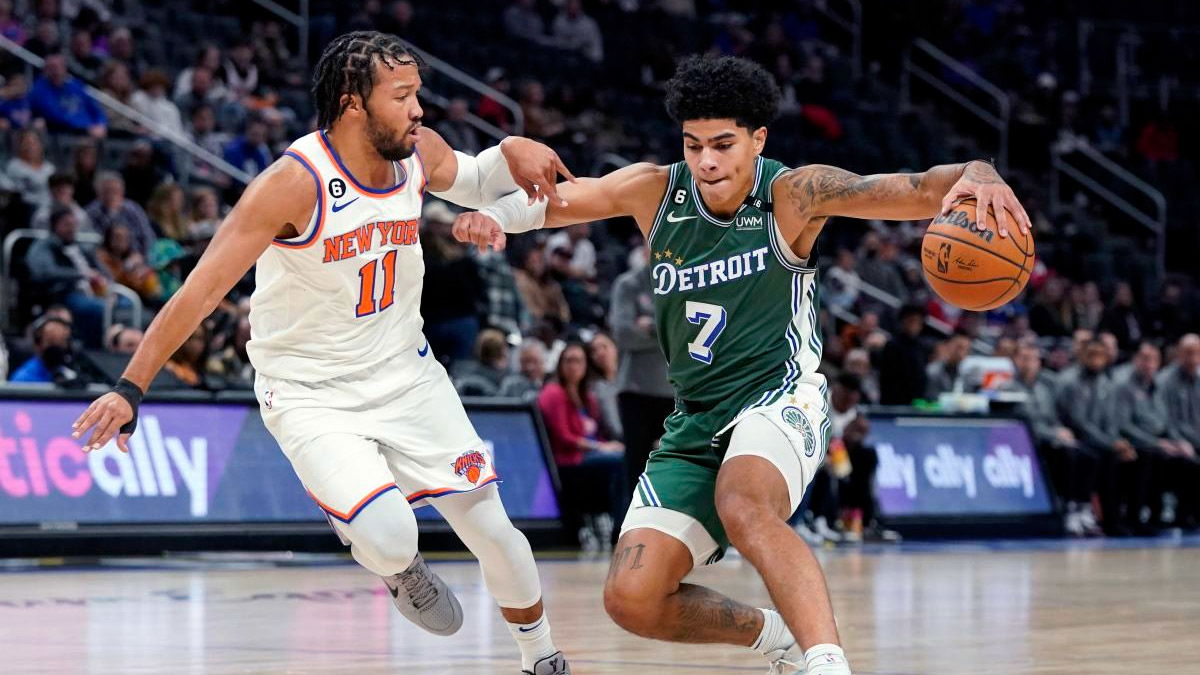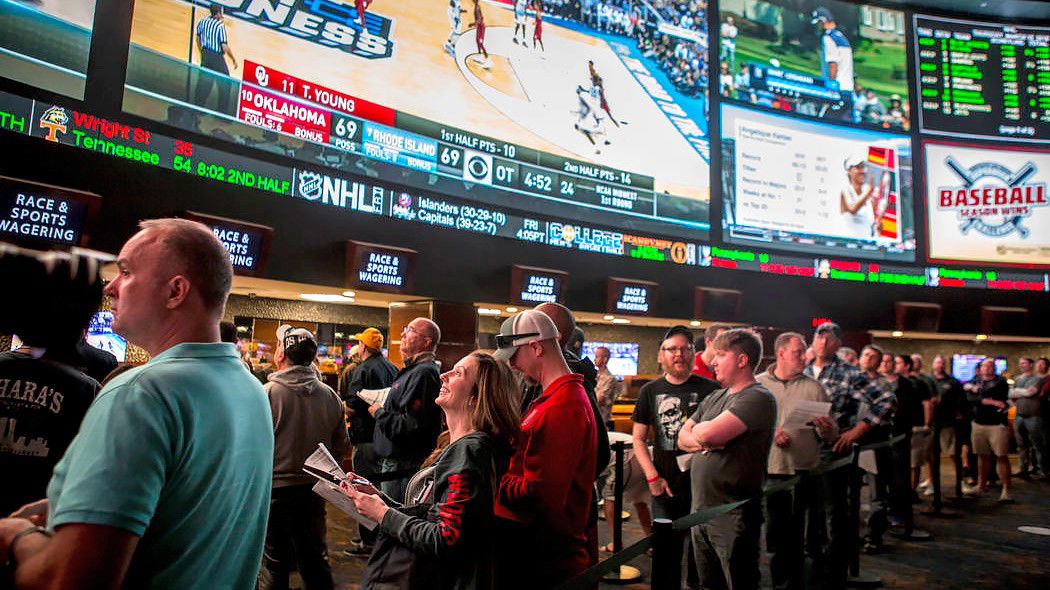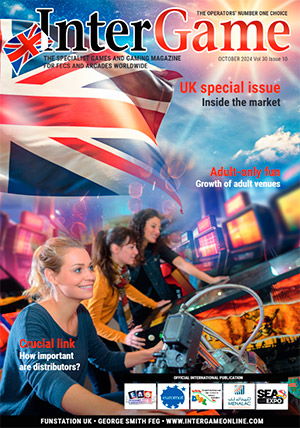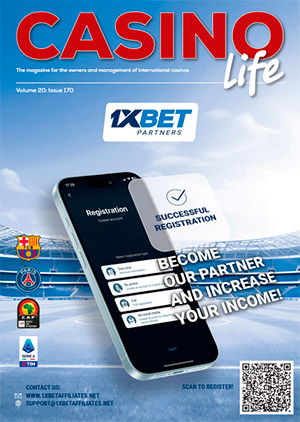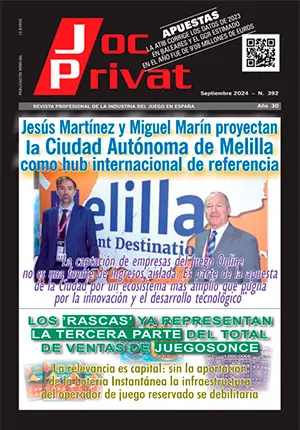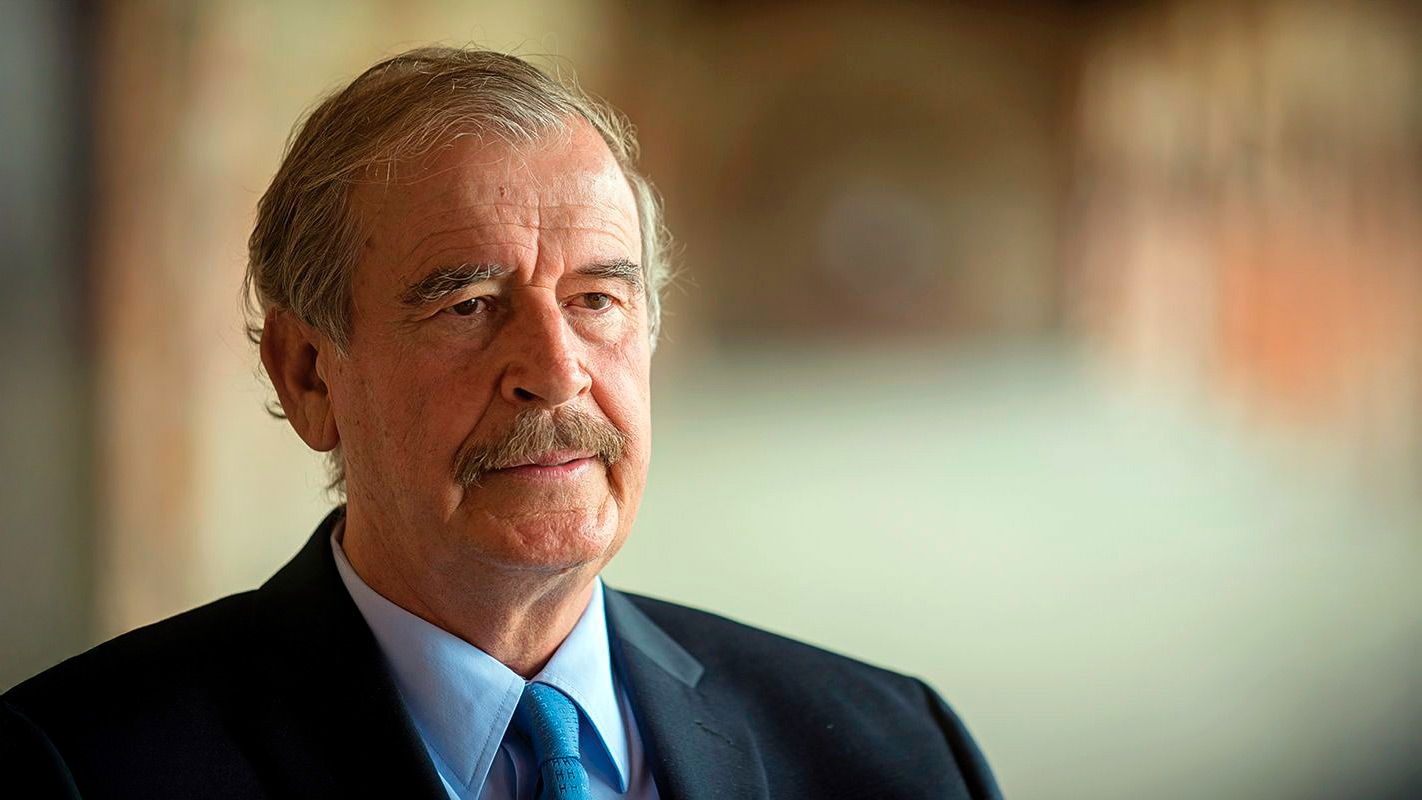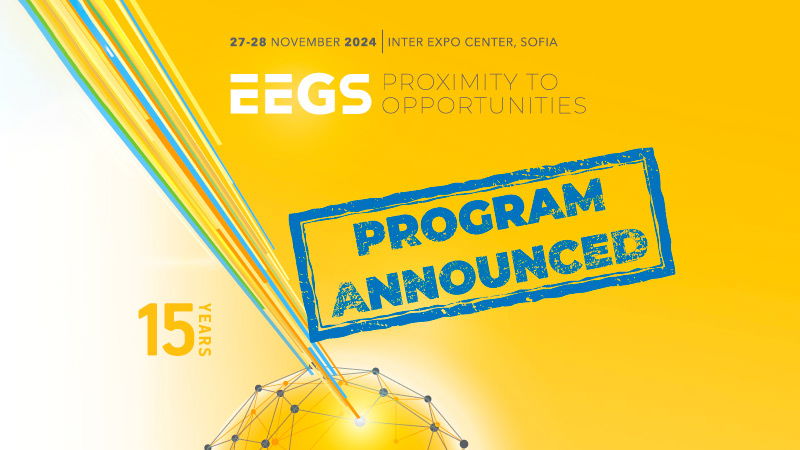Mass. lawmaker hopeful sports betting bill to pass this month; DraftKings urges US legislators to expand iGaming
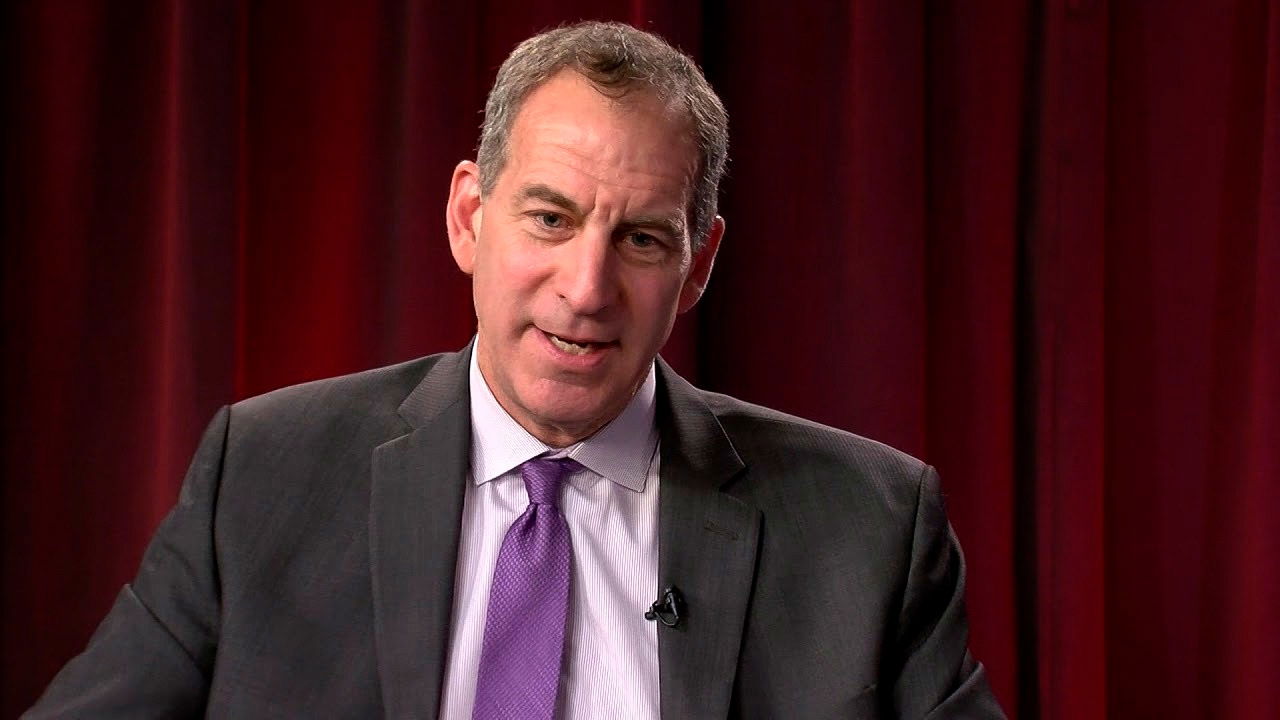
As the Massachusetts Legislature nears the end of formal sessions, legislators continue to work to bridge differences between Senate and House sports betting bills. A state Representative involved in negotiations has now said he is hopeful the bill will be finalized and sent to Gov. Charlie Baker’s desk before the session concludes on July 31. His remarks came as lawmakers and operators gathered in Boston for a meeting in which DraftKings' Jason Robins called for the expansion of sports betting and iGaming.
Under that timeline, Massachusetts bettors could be wagering by the Super Bowl in February 2023, state Rep. Jerry Parisella told MassLive on Friday morning. Among the key issues to be resolved by the conference committee for this to happen is college sports betting: while the House bill allows this form of gaming, the Senate’s proposal does not.
Additionally, the Senate bill features tighter restrictions on sports betting advertising, marketing and the use of credit cards for gambling. In contrast, the House bill does not feature these rigid provisions, and includes a vastly lower tax rate, both for in-person and online wagering. While the House bill taxes betting at physical locations at 12.5% and online at 15%, the Senate proposal taxes at 20% and 35% respectively.

Parisella, the House chair of the Joint Committee on Economic Development and Emerging Technologies, was among the speakers at the National Council of Legislators from Gaming States (NCLGS)' summer meeting. Sports betting regulators, lawmakers and lobbyists gathered in downtown Boston between July 7-10 to address the challenges the gaming industry faces.
“We’re losing out to our neighbors. New Hampshire has it, Rhode Island has it, New York has it,” Parisella said in regards to sports betting at the summit. “So we’re really working hard to make this happen.” He sits on the sports betting conference committee alongside state Reps. Aaron Michlewitz and David Muradian; and state Sens. Michael Rodrigues, Eric Lesser and Patrick O’Connor.
Lawmakers are still navigating discrepancies in advertising restrictions, tax rates and collegiate sports betting, but Parisella told MassLive he is hopeful that the committee “will get it done” by the end of the session. “I think a lot of people have an interest in sports wagering in Massachusetts,” he noted. “They want to see us get it done.”
House Speaker Ronald Mariano
The conference committee held its first reunion to hammer out a compromise bill in early June. At the time, House Speaker Ronald Mariano said lawmakers had “a long way to go.” Mariano had previously said a proposal not featuring legalized college sports betting would be “a dealbreaker,” arguing the state would be forfeiting its ability to regulate the black market and maximize state tax revenue.
For now, it’s still early to tell which provisions will survive a potential compromise. But what both chambers agree on is that Massachusetts is missing out by keeping its market illegal. “Every year that legal betting is not available, Massachusetts is losing valuable tax revenue to our neighbors,” Parisella said at the Friday council meeting, according to the cited source.
The Representative cited at the reunion a statistic from sports betting operator DraftKings that shows 30% of all Super Bowl 2022 bets made in New Hampshire came from Massachusetts residents who drove over the state line. Lawmakers project sports wagering could generate around $35 million in annual tax revenues for the state.
DraftKings' Jason Robins calls for iGaming expansion
Also present at the council was DraftKings CEO Jason Robins, who asked for the continued legalization of both online sports betting and iGaming. While the popular brand’s co-founder did not specifically address the future of sports betting in Massachusetts, he did tackle the legalization push in California.
The CEO described a sports betting ballot initiative backed by several heavyweight operators in that state as an example of new solutions needed in some markets. Robins said DraftKings was “incredibly excited” at the prospect of bringing online sports betting to the state while providing “much-needed funding for critical issues like homelessness and mental health.”
The companies supporting this online sports betting proposal along with DraftKings include BetMGM, FanDuel, Bally’s Interactive, Fanatics, Penn National Gaming, and WynnBET. The issue has qualified for the November ballot, where it will be competing against a retail betting proposal championed by California tribes.
DraftKings CEO Jason Robins
“It is creative solutions to societal problems like the aforementioned proposal that make me most excited for the possibilities for the gaming industry’s future,” Robins said at the meeting. The proposal would authorize mobile sports betting statewide, and would send 85% of tax revenue to homelessness and mental health support.
But Robins also urged legislators to expand iGaming, saying the move from land-based to online is the present -and not the future- of the industry, with six states having legalized it. According to him, markets like New Jersey have proven the industry does not hurt brick-and-mortar casinos, while also helping keep revenue that would otherwise go to offshore operators.
The CEO argued that large states have managed to authorize both sports betting and online gaming “without cannibalizing existing retail gaming operators,” as opponents predicted. “With the technology and industry-proven, it is time for your states to enact iGaming, not in the future but now,” he stated.









